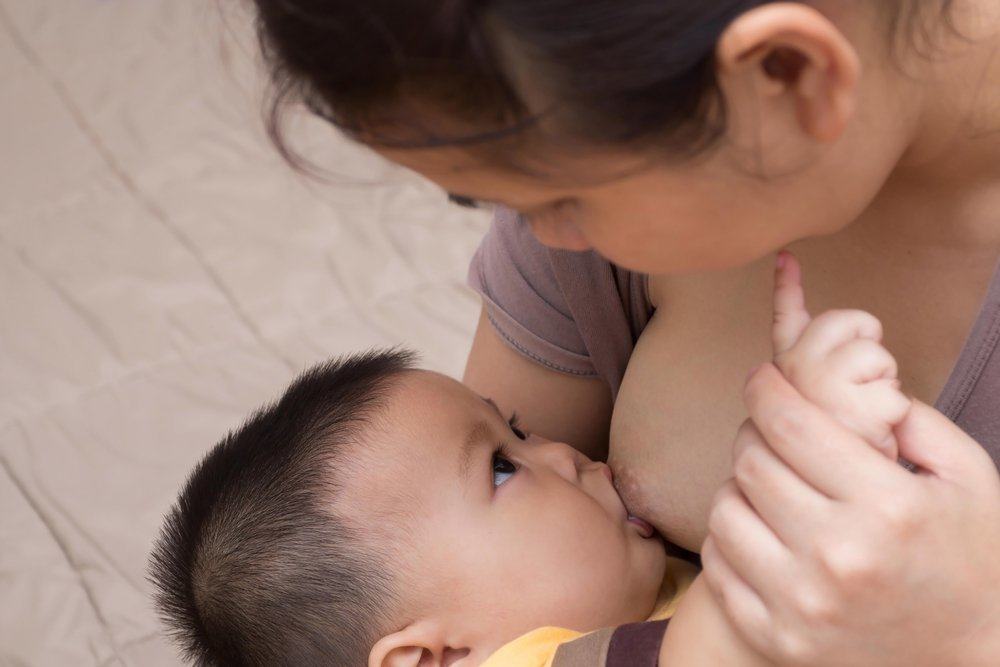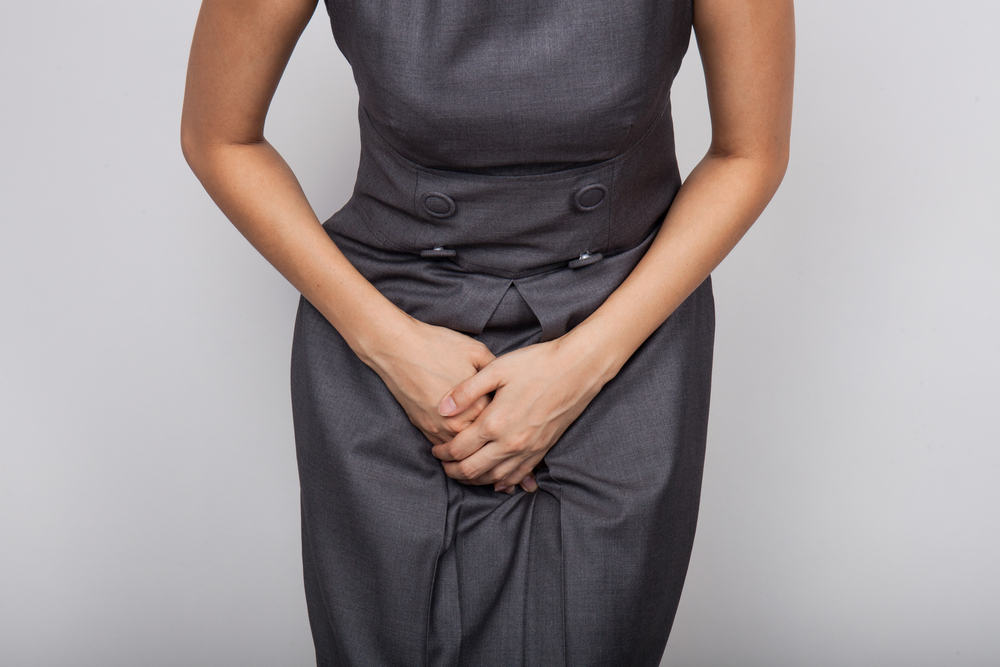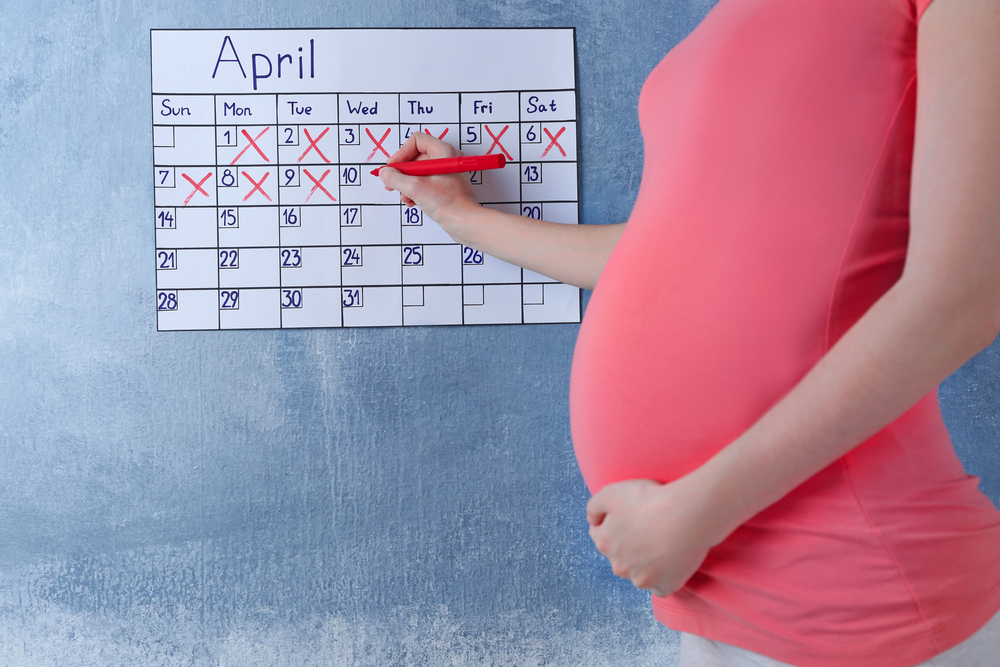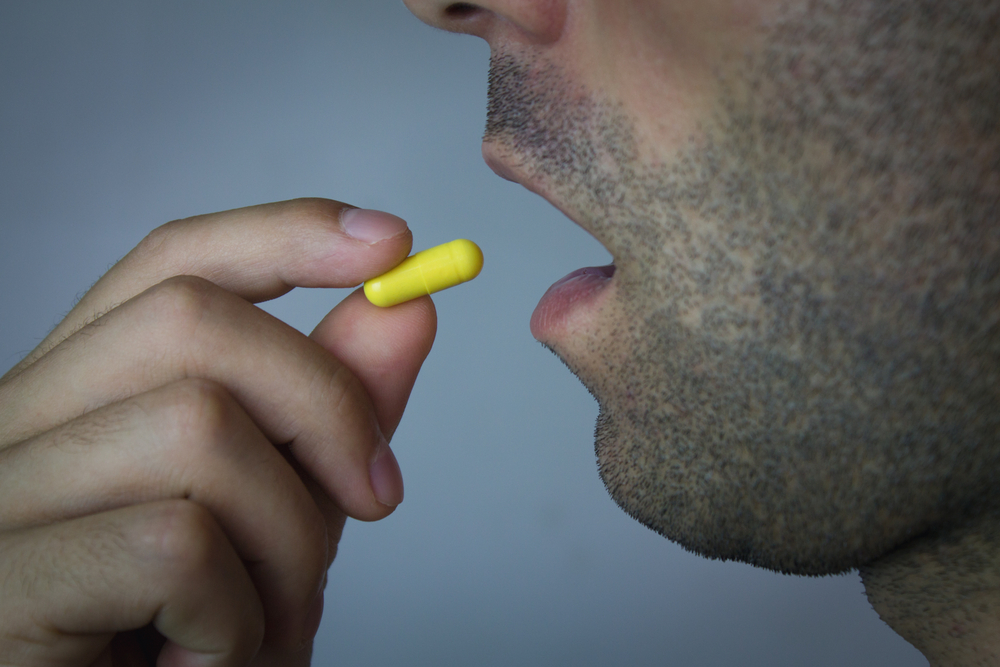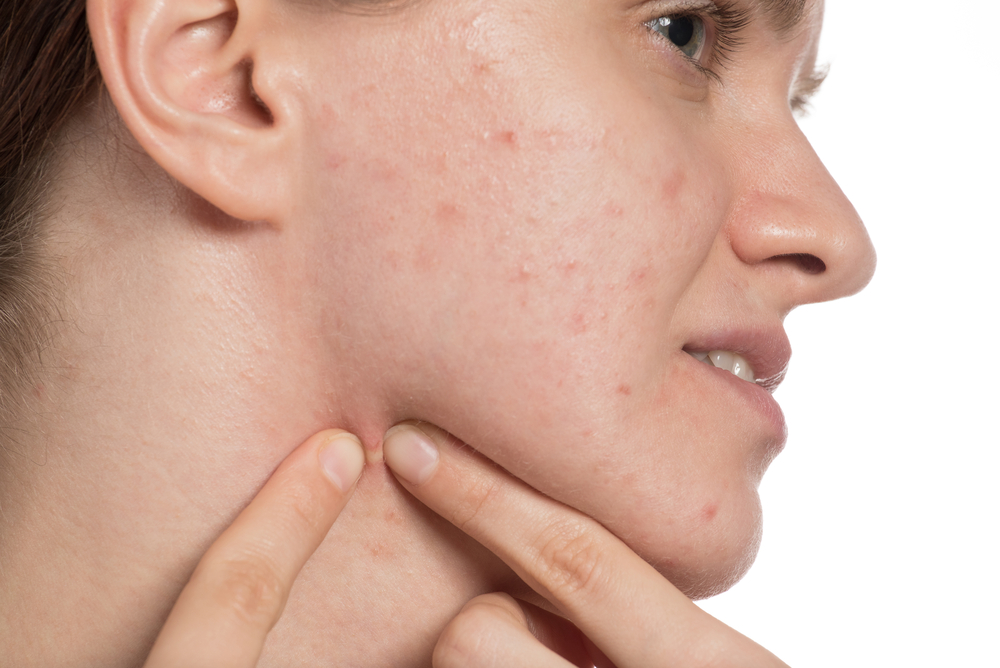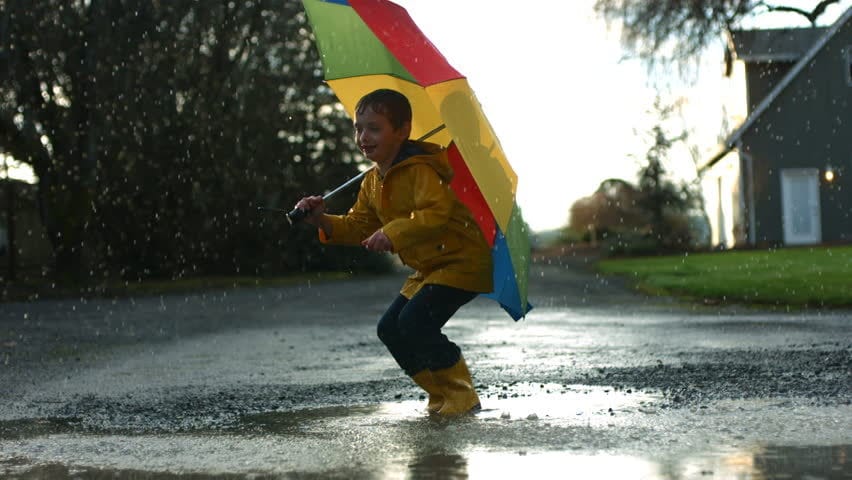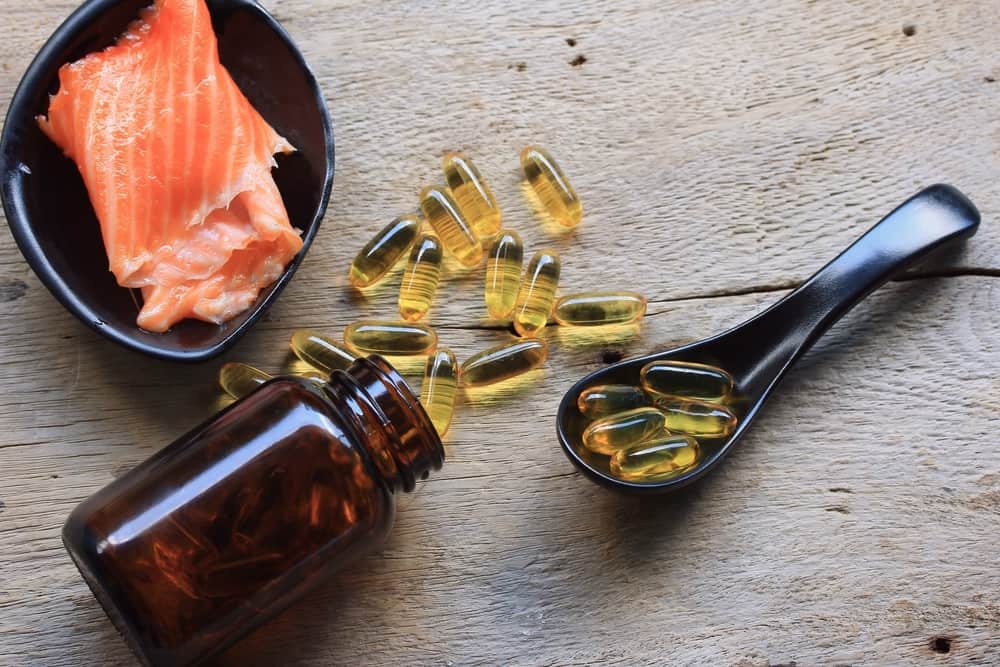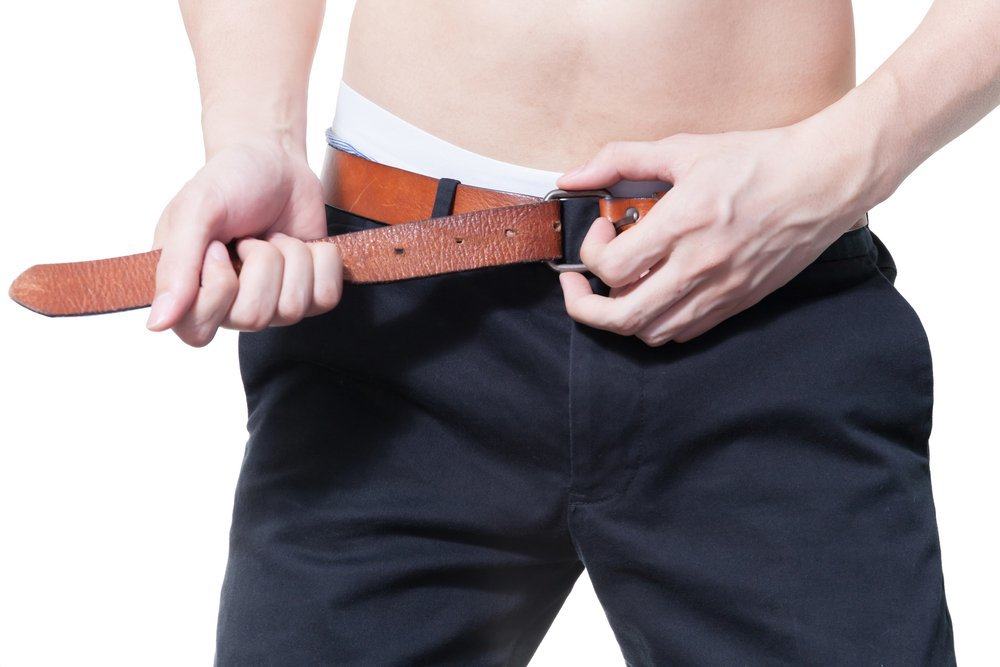Contents:
- Medical Video: Breastfeeding Position and Latch
- Benefits of breastfeeding for more than 2 years
- The negative impact of breastfeeding when the baby is over 2 years
- How to prevent the negative effects of this extended breastfeeding period?
Medical Video: Breastfeeding Position and Latch
The World Health Organization (WHO) recommends that the breastfeeding period starts from one hour after the baby is born, exclusive breastfeeding is carried out for the first 6 months, and breastfeeding accompanied by complementary food is done after 6 months until the baby is at least 2 years old. It can be concluded that breastfeeding is no longer a necessity when the baby is 2 years old. However, what if the mother decides to extend her breastfeeding period? Are there any negative effects that can still be breastfeeding for more than 2 years?
Benefits of breastfeeding for more than 2 years
As we know, many important nutrients for babies are contained in breast milk. Some literature says that the ingredients will not decrease in nutritional value, even after 2 years, 3 years, and so on. Thus, the positive impact of extending the breastfeeding period for babies includes:
- Balancing nutrition. ASI is known as the best nutrition for babies. Over time, the mother's milk will adjust to the nutrients needed by the baby. Until now there is no literature that says that there is an age limit for the validity of the benefits of breastfeeding.
- Improve the baby's immune system. During breastfeeding, hormones, cells and antibodies in your breast will continually strengthen your baby's immune system.
- Improve the quality of baby's health. A study revealed that, when you extend the breastfeeding period of your baby and when more milk is taken by the baby, then this will potentially further improve the health quality of the baby.
The negative impact of breastfeeding when the baby is over 2 years
Unfortunately, a recent study by a scientist, Benjamin Chaffee, told 715 babies in Brazil, revealing that babies who breastfed for more than 2 years had the potential to experience tooth decay. William Bowen, a professor from the University of Rochester Medical Center, New York said that this could happen because of two things:
- The content in milk has the potential to support tooth decay.
- Physical aspects that occur during breastfeeding. This is because, when the baby is breastfeeding, his teeth will not be touched by saliva, which actually functions to protect the teeth from bacteria.
How to prevent the negative effects of this extended breastfeeding period?
The negative impact of breastfeeding when a child is over 2 years old can be prevented if the mother:
- Do not forget to brush your baby's teeth after breastfeeding or other complementary foods.
- Immediately bring the baby to the dentist when his first tooth appears, or at the latest not long after the baby is one year old. This can also help the mother determine when the mother will stop breastfeeding.
- Do not allow the nipple to be in the baby's mouth all night. This can actually reduce the interaction of saliva with teeth.
This topic is actually still controversial to discuss. This is because there is still limited further research and there are some obstacles to conducting the latest research, so there are still many pros and cons to the discussion.
As with the WHO, the American Academy of Pediatrics proposes breastfeeding combined with other complementary foods to a minimum age of 1 year, and recommends extension of the breastfeeding period only if it is in accordance with the wishes of the mother, the baby, and advice from the doctor. This is because breastfeeding is something that requires commitment. Many things must be considered if you want to extend your breastfeeding period.

